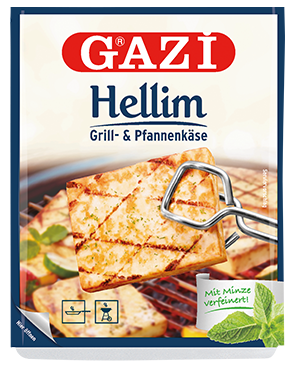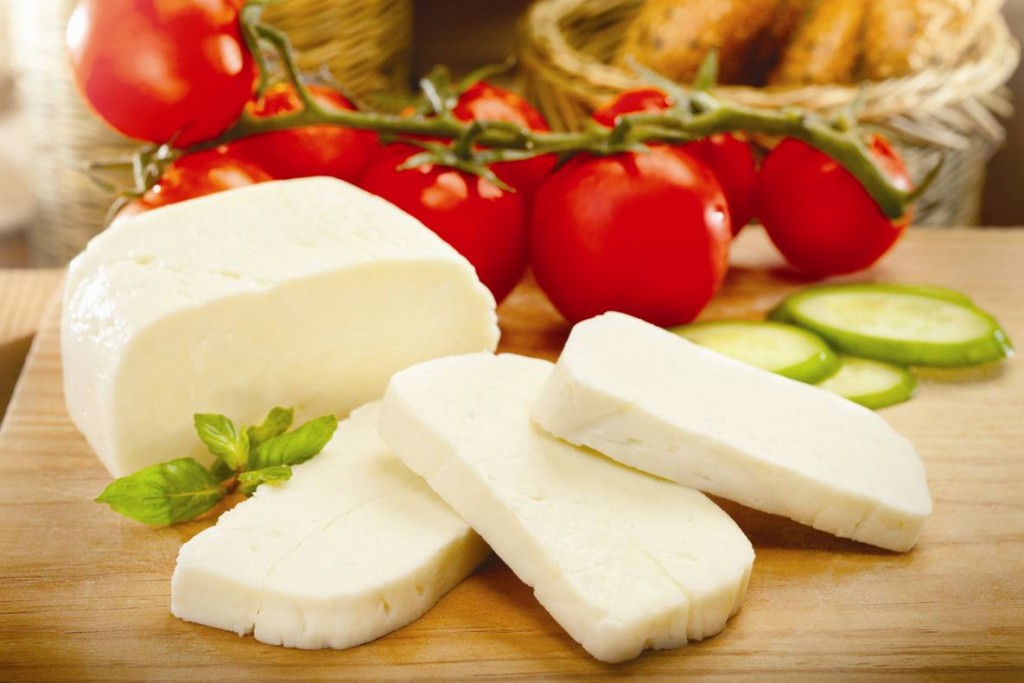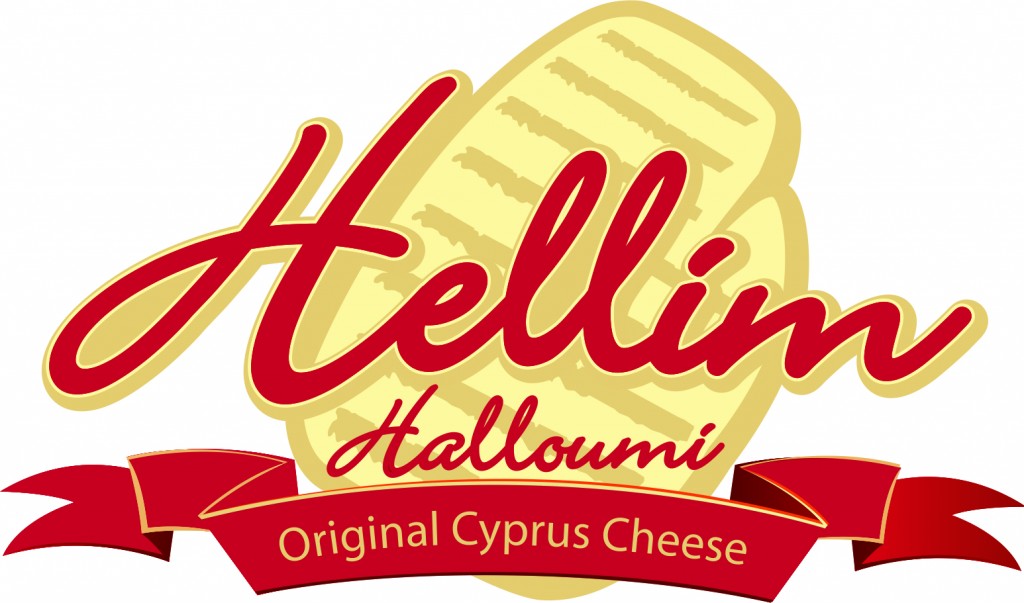Cheese producers and distributors could end up with a legal battle on their hands if they seek to take advantage of the Greek Cypriot administration’s loss of its “halloumi” trademark in the UK, an expert has warned.
T-VINE reported last month how officials in South Cyprus were left red-faced after it emerged that they had failed to defend a challenge to their trademark for the traditional white Cyprus cheese – known as “hellim” in Turkish.
The blunder occurred after the government department responsible for defending the case had changed its postal address from UK-based solicitors to their South Nicosia headquarters – and did not provide an email address.
This meant that letters about the case from the UK’s Intellectual Property Office (IPO) ended up in the hands of hapless bureaucrats who failed to act in time, leading to the trademark’s invalidation.
A British High Court judge rejected an appeal against the IPO decision from the South’s Commerce and Industry Ministry, saying that it had been the “author of its own misfortune”.
South Cyprus has since reapplied for the trademark, it has been reported.
The minister responsible for the fiasco, Georgios Lakkotrypis, had insisted that the Greek Cypriots had not “lost” halloumi in the UK and that no-one else had “won” the trademark. He also stressed that the UK market was still protected by an EU-wide trademark.
Assessing the farce, British intellectual property expert William Miles said that while the episode was “very much avoidable”the “ramifications are not quite as serious as they could have been”because the Greek Cypriot authorities own other trademarks for the product.
In comments exclusive to T-VINE, Mr Miles said: “A search of the relevant registries reveals EU trade marks for HALLOUMI (word) and CYPRUS HALLOUMI (logo).

“There is also another pending application in the UK for HALLOUMI (word). It does however appear that the EU trade mark for HALLOUMI is being disputed although, unless and until it is formally cancelled, it should still be treated with caution by third parties.”
Mr Miles, a partner at London-based specialist intellectual property solicitors firm Briffa, noted that EU trademarks currently “offer protection”in the UK and will continue to do so after Brexit, “whether or not there’s a withdrawal agreement in place”.
“The EU trade marks will generate additional UK trade marks, meaning that they can still be used against third parties in the UK who are seeking to describe their cheese as HALLOUMI without the [South Cyprus] Ministry’s permission,”he added.
“In light of this I would advise third parties to not use the word HALLOUMI, or a confusingly similar word, in relation to cheese, unless they have secured the appropriate permission in advance.
“It’s also advisable to take legal advice before settling on any form of brand name, as earlier trade marks can quickly put a stop to commercial activities.”
Asked if a rival trademark for “hellim”could be regarded as a “confusingly similarly word”,Mr Miles stated that its use would depend on two factors.
“Firstly, whether or not the word is similar to HALLOUMI on a visual, aural and conceptual basis,”he explained.
“I would suggest that it is only similar on a conceptual basis and so, overall, it could be argued that it isn’t confusingly similar.
“However, that’s not to say that the [South Cyprus] Ministry wouldn’t still try to pursue an infringement claim and it may well be that an unauthorised user of HELLIM would find themselves embroiled in a protracted legal dispute.”
Mr Miles said that the second factor would be “whether or not the word is protected in some other way”.
He said that an application for Protected Designation of Origin status to the European Commission – agreed between the EC President Jean-Claude Juncker, North Cyprus President Mustafa Akıncı and Greek Cypriot leader Nicos Anastasiades in 2015 – was “already underway”.
The EC is “currently checking the reasoned statements received in the context of this application”,a spokeswoman previously told T-VINE.
‘German food manufacturer Garmo AG owns the EU trademark for hellim’
Mr Miles also pointed out that an EU trademark for “hellim”, which covers “milk products” in the same class as cheese, already existed.

“Interestingly this is owned by a German company called ‘garmo AG’ and it appears to be in force,” he added.
“On that basis a third party user of HELLIM in the EU may well face an infringement claim from this trade mark owner.”
Garmo AG is a Stuttgart-based company that owns the popular Gazi brand of dairy products, which are also sold in Turkish shops in the UK.
A search of its website shows products sold as both “hellim” and “halloumi” under its “grill and pan cheese” category.
The IPO also lists “Gönendere Hellimi” and its logo as a registered trademark. The cheese is produced by Hass Foods at a farm in Barnet, north London. The firm’s website displays labels for the product marketed as “Cyprus style cheese”.
The export market for hellim is worth millions of pounds to both sides of Cyprus, although producers in the Turkish Republic of Northern Cyprus (TRNC) are shut out of the EU market because of Greek Cypriot-instigated economic embargoes.
The UK is by far the biggest market for Greek Cypriot producers, accounting for more than 40 per cent of all their exports.
Turkish Cypriot manufacturers sell in large quantities to non-EU countries, such as Turkey and those in the Middle East.
The livelihoods of thousands of farmers and other workers employed in the sector depend on hellim exports.
In 2017 Turkish Cypriots exported around 7.5 million kilos of hellim, worth almost $31 million, according to figures from the TRNC’s Department of Trade.
Turkey, the only country that recognises the TRNC, imported more than half of the goods, the figures showed.

Most of the remaining quantities were sold to buyers in Kuwait, Saudi Arabia, the United Arab Emirates, Qatar, Jordan and Bahrain.
TRNC-produced hellim, albeit in far smaller quantities, was also exported as far away as Australia, Japan and the US.
Meanwhile there has been a strong reaction on social media to T-VINE’s previous report on South Cyprus’s trademark attempts.
“Time to make a claim on our cheese!” wrote Facebook user Günçe Ünverdi Creig. “Ours is better than theirs anyway! Their claim should never [have] been accepted in the first place because it does not belong to Greeks!”
Another user, Yusuf Osman, said: “I always have to say to people when they say to me halloumi ‘it’s hellim’ – not because it’s not halloumi, or any other malicious reason, but because I’m a born British Turkish Cypriot and that’s what we call it.
“It does wind me up that it’s always called halloumi. Might be trivial to some but you don’t call things in your language in another language do you?
“Why can’t people and the international community respect that and acknowledge this and us Turkish Cypriots?”




